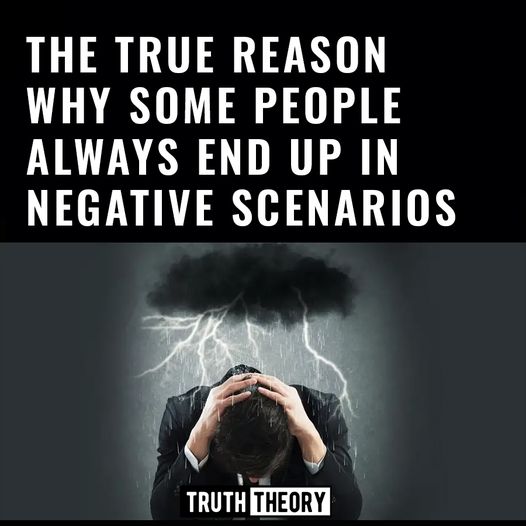As a personal development coach, I frequently observe repetitive patterns among many clients. A person creates similar scenarios or gets similar results over and over in their lives and they don’t understand where is the problem. For instance, a man consistently finds himself with a partner who either departs or engages in unfaithful behavior, a new relationship – a similar outcome. Another person continues to attract individuals who mistreat her, despite her kind nature. Someone else consistently draws drama and negative interactions from friends, colleagues, and even strangers.
One of the biggest challenges in our own personal development journey is our inability to recognize our own patterns and behaviors. Often, we remain oblivious to them, or at best, possess only partial awareness. This is because many of these behaviors have become ingrained habits, influencing our lives for years, sometimes decades, until they become familiar. Occasionally, these patterns trace back to childhood, and we remain unaware of any alternatives. The reality is that many of our behaviors and patterns exert unseen influence on our lives. Consider, for instance, a father who continually criticizes his adult children. He believes they should already be married, pursuing “successful careers”, making money, and starting families. However, the children prefer to explore life’s possibilities, taking time to decide on their path. The father’s perspective taints his judgment, leading him to critique their actions and behaviors. This not only fails to elicit the desired changes but exacerbates the situation. The children resist criticism, feeling misunderstood and reluctant to follow the life he envisions for them. Unaware of the toxicity in his comments or the pain they cause, the father remains oblivious. Consequently, the children avoid confrontation, instead choosing to distance themselves. They visit the father less frequently and don’t call that often. The father is perplexed by their avoidance, failing to see that his behavior is the root cause. His willingness to impose his vision onto their lives rather than support their choices stems from selfishness. He might believe his perspective is superior, yet if it conflicts with their desires, it cannot be considered “better.”
One of my past clients approached me with the recurring problem of attracting individuals who disrespect, exploit, and undervalue her kindness. She recounted years of facing these situations, despite her inherently caring nature and consistent efforts to assist others. The pattern was clear to me, as I’ve encountered this dynamic in numerous people, even experiencing similar struggles myself in the past. The challenge lay in her tendency to readily agree to requests, prioritizing others over herself. Whether a family member sought a favor, even if contrary to her best interests, she feared refusing would diminish her likability, prompting her to comply. As the adage goes, one cannot pour from an empty cup; attending to our own needs precedes extending help to others. When we neglect self-care in favor of assisting others, an attraction pattern forms, inviting more such situations into our lives. Consequently, we attract individuals who perceive our kindness as standard and fail to appreciate it. Over time, this behavior establishes a background attraction pattern that persists even if we change friends, locations, or jobs.
Frequently, the unfolding of our lives mirrors our underlying patterns. For instance, a person with “chaotic energy” might repeatedly keep attracting scenarios that will reflect that.
We often perceive the world through our unique lens, frequently ignorant of our patterns and their impact on our lives.
If you end up in negative scenarios over and over and you don’t know what is causing it. Get in touch, send me an email and I will offer you a free initial coaching call for up to 30min.
